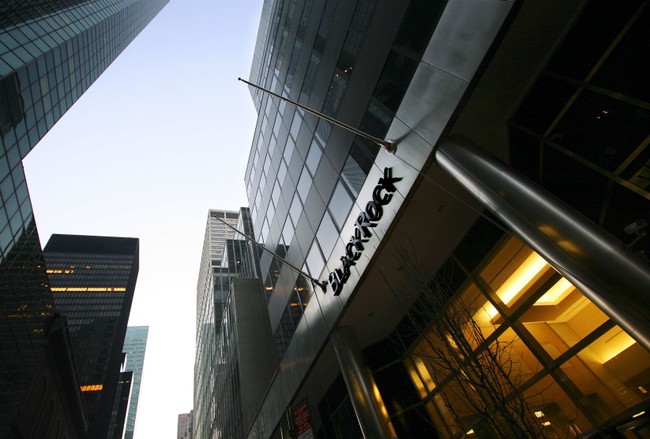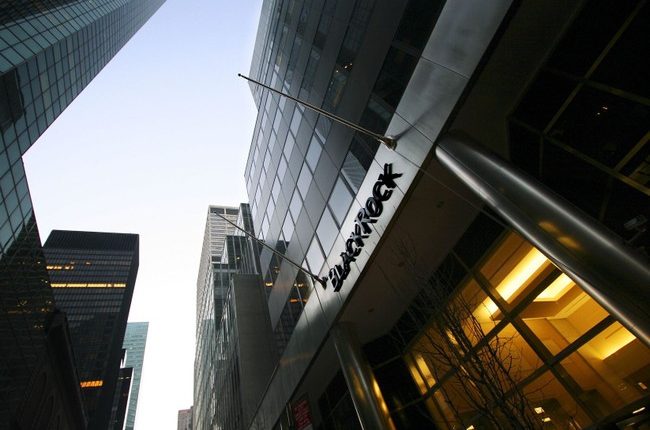Share this @internewscast.com

Larry Fink, the CEO of BlackRock, discusses the theme of “democratization of investing” in his 2025 Letter to Investors, highlighting how it can create more opportunities for prosperity for a wider range of people and locations.
To bring this ambitious goal to life, Fink emphasizes the need to “tokenize” investments, thereby making them more accessible. Tokenization refers to the transformation of traditional paper or electronic documents into digital formats that are stored and traded via blockchain technology. Proponents, including Fink, equate tokenization with democratization, providing a new way for more individuals to participate in investment opportunities.
The blockchain allows assets to be digitally recorded, facilitating the division of a single illiquid asset among numerous owners. This concept, known as fractional ownership, is one of the key advantages of tokenization. In a tokenized investment world, individuals can buy a fraction of an asset, enabling broader participation. There is virtually no boundary to which kinds of assets can be tokenized, paving the way for diverse things, from infrastructure projects to priceless artworks, to become accessible as fractionally owned investments.
Fink uses a bridge as an example of an illiquid private investment that is not normally found in retirement accounts but could be included under tokenization. Traditionally, one who invests in a bridge would not realize the profit until the bridge is sold. An investor cannot withdraw money from the bridge. But in a tokenized economy, the bridge would have a digital deed that could be divided into fractional shares that could be bought and sold in retirement accounts.
The point of this article is not to explain the nuts and bolts of tokenization, but to emphasize two important elements in the tokenization discussion: the synonymous use of democratization and tokenization and the requirement of a digital identity.
In the Tokenization Trap, we explain the process of tokenization and how it is not in line with the principles of democratization. Like the phrase “environmental, social, and governance (ESG) scores” was used (and has now been replaced with resilience and sustainability) to make corporate social credit scores more palatable, tokenization is now being used to disguise something even more sinister. Using democratization and tokenization as synonyms is to make one associate tokenization with freedom, but it really just makes a digital concentration camp (as Catherine Austin Fitts calls it) more desirable and convenient.
In all 50 states, UCC Article 8 revisions have fundamentally changed the common definition of property rights. For instance, you don’t actually own your investments and securities anymore, you own a “security entitlement.” In a financial crisis, too-big-to-fail banks and other institutions have priority access to those accounts. Through UCC Article 8 and proposed reforms to Articles 9 and 12, even more people will likely lose rights to their tokenized (digitally recorded) property, which is explained here. A personal digital ID takes the loss of property rights to the next level—to a social credit system.
Social credit systems are not democratic, they are totalitarian. Of course, any proposed digital currency or ID will say it is decentralized. And I am not saying it is not possible, but I am saying that it needs to be proven technologically and legally. Tokenized financial systems could be decentralized, but the proposed laws of the UCC Articles 8, 9, and 12 do not secure personal property rights to tokenized assets.
Keep in mind, “digital” anything is programmable, controllable, and recorded on the blockchain. Digital money or other assets could be controlled and programmed to allow or prevent you from buying or donating certain things. A digital ID could be controlled or programmed to allow or prevent you from doing certain things. Doing relates to freedom of movement and exercise of free will.
A tokenized economy secured by digital identification conceals its totalitarian ending by alluring Americans with the promise of more access to investment opportunities veiled behind sacred democratic terminology.
Daylea DuVall Camp ([email protected]) is a member of the Freedom Rising Fellowship Program of the American Journey Experience and is a policy advisor with The Heartland Institute.
Help us continue to tell the truth about the Trump administration and its major wins. Join RedState VIP and use promo code FIGHT to get 60% off your membership.

















